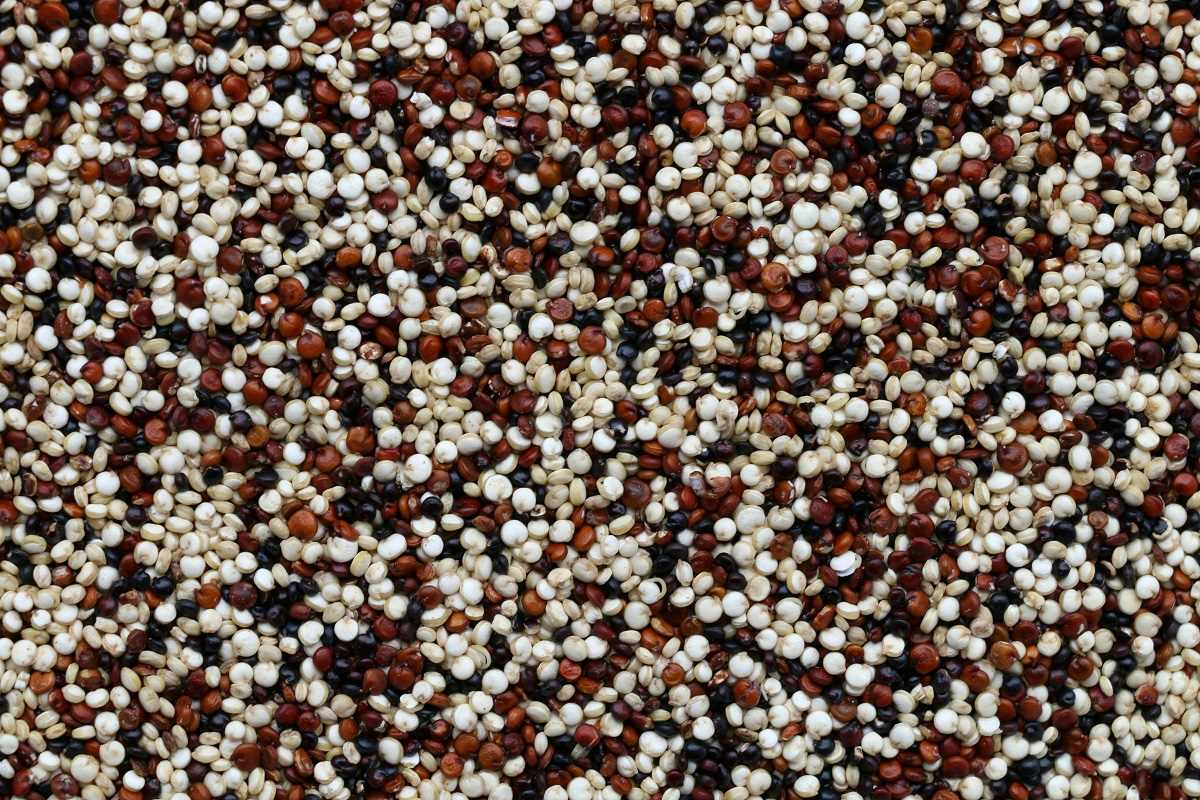Psoriasis is a chronic skin condition marked by red, scaly patches that can itch, crack, and cause discomfort. While there’s no single cure for psoriasis, managing its symptoms often involves a holistic approach that includes skincare routines, medications, and lifestyle adjustments. One such lifestyle factor that can make a noticeable difference is your choice of clothing. The right clothing can help reduce irritation, protect sensitive skin, and even soothe flare-ups.
If you have psoriasis, selecting skin-friendly clothing isn’t just about style—it’s about comfort and care. Here’s an in-depth look at how to choose clothing that supports your skin health and promotes psoriasis relief.
Why Clothing Matters for Psoriasis
Psoriasis-prone skin is sensitive and reactive, meaning tight, coarse, or poorly designed clothing can exacerbate symptoms like irritation, redness, and scaling. The friction caused by certain fabrics or seams, combined with restricted airflow, can trigger or worsen flare-ups. By making thoughtful choices in what you wear, you can minimize these issues and keep your skin more comfortable throughout the day.
Choosing the Right Fabrics
One of the first and most crucial steps in creating a psoriasis-friendly wardrobe is choosing the right materials. Not all fabrics are created equal, and some are much gentler on sensitive skin than others. Here are the top fabric choices for soothing psoriasis:
- Cotton: Soft, breathable, and natural, cotton is one of the best materials for psoriasis-friendly clothing. Its ability to wick away moisture and allow airflow helps keep your skin cool and dry, reducing the discomfort of itching and irritation. Opt for 100% cotton garments whenever possible, as synthetic blends may include materials that irritate the skin.
- Bamboo: Bamboo fabric is gaining popularity for its incredible softness and hypoallergenic properties. It’s highly breathable, moisture-wicking, and antimicrobial, making it excellent for people with psoriasis. Bamboo fabric also has a silky texture, which reduces friction against sensitive skin.
- Silk: Silk is another natural material that feels gentle against the skin. Its smooth texture is less likely to cause irritation, and it has natural temperature-regulating properties, keeping you cool in the summer and warm in the winter. However, silk requires careful maintenance to preserve its quality.
- Modal: Modal is a plant-based fabric derived from beech trees. It’s extremely soft, lightweight, and breathable, making it a good alternative to cotton. Like bamboo, modal is less likely to irritate psoriasis-prone skin and is an excellent pick for sensitive individuals.
- Wool Alternatives: While traditional wool can feel rough and itchy, certain soft alternatives like merino wool or cashmere are more psoriasis-friendly. These materials offer warmth without the scratchiness, making them suitable for colder months.
Fabrics to Avoid:
- Synthetic Fabrics: Materials like polyester and nylon can trap heat and moisture, increasing irritation.
- Wool (Traditional): Coarse wool fibers can aggravate psoriasis flare-ups.
- Rough Textures: Anything with coarse or abrasive textures should be avoided.
Opt for Loose-Fitting Clothing
Tight or restrictive clothing can irritate psoriasis plaques and create unnecessary friction, which may lead to pain or worsen flare-ups. Loose-fitting clothing is both comfortable and less likely to rub against sensitive areas.
Benefits of Loose Clothing:
- Reduces friction on plaques and inflamed areas
- Improves airflow to prevent overheating and sweating
- Provides more freedom of movement for added comfort
When shopping for loose-fitting clothing, pay attention to how garments fit at common problem areas like elbows, knees, and the waistband. Clothes with elastic or bands that are too tight can dig into these areas, making symptoms more pronounced.
Avoid Harsh Dyes and Chemicals
Chemicals and dyes used in many fabrics can irritate the skin, especially for those dealing with psoriasis. When possible, choose clothing made from organic materials, as these are less likely to have been treated with harsh substances. Many brands now carry eco-friendly or skin-friendly options that prioritize gentle processing.
Tips for Avoiding Irritants:
- Choose Undyed Fabrics: Natural or undyed clothing can reduce the risk of adverse reactions.
- Opt for Certified Organic Items: Look for labels indicating the garment meets organic standards.
- Wash Before Wearing: Always wash new clothing to remove any residual chemicals or manufacturing finishes, using a mild, fragrance-free detergent.
Invest in Skin-Comforting Features
Sometimes, the design of clothing plays as big a role as the fabric itself. Specific features can make garments more comfortable and less likely to exacerbate psoriasis.
Key Features to Look For:
- Flat Seams: Traditional seams can dig into the skin and cause irritation. Clothing with flat seams minimizes this effect, offering a smoother, more comfortable fit.
- Tagless Designs: Scratchy tags can irritate psoriasis-affected areas. Many brands now offer tagless designs, which are ideal for sensitive skin.
- Soft Elastic Bands: Look for garments with gentle, wide elastic bands to prevent tightness or digging.
- Stretchable Fabrics: Flexible fabrics like spandex blends can move with your body without creating tension or friction.
Caring for Your Psoriasis-Friendly Clothes
How you care for your clothing can also impact how they affect your skin. Here are some practical tips for maximizing their comfort and minimizing psoriasis flare-ups:
- Wash with Gentle Detergents: Harsh laundry detergents with added dyes and fragrances can leave residues on clothing that irritate sensitive skin. Use a mild, dye-free, and fragrance-free detergent to ensure your garments are as gentle as possible.
- Avoid Fabric Softeners: Although fabric softeners promise to keep clothing soft, they often contain chemical additives that can worsen psoriasis symptoms. Opt for natural alternatives like white vinegar if you want to soften your clothes during the wash.
- Rinse Thoroughly: Always rinse your clothing thoroughly to remove any remaining detergent. Residue from detergents or cleaning agents can irritate your skin, so consider adding an extra rinse cycle if your washer allows it.
- Wash at Low Temperatures: Washing clothing in hot water can weaken fabrics like cotton and bamboo, reducing their softness over time. Use cold or lukewarm water to maintain the quality of your psoriasis-friendly garments.
- Air-Dry When Possible: Using a dryer can cause shrinkage or roughen soft fabrics over time. Air-drying your clothes on a rack or line can help preserve their gentleness and stretch.
Seasonal Tips for Psoriasis Clothing
The weather can influence your clothing choices and, by extension, your psoriasis flare-ups. Here are seasonal considerations:
- Summer: Stick to loose, breathable fabrics like cotton or bamboo to stay cool and avoid excessive sweating. A wide-brimmed hat and sun-protective clothing can shield your skin from harmful UV rays.
- Winter: Layer with lightweight, psoriasis-friendly fabrics like modal or merino wool. Avoid thick or itchy items that may rub against plaques.
- Transitional Seasons (Spring and Fall): Dressing in layers allows you to adjust for temperature shifts without overheating or irritating your skin.
Choosing the right clothing for psoriasis relief isn’t complicated, but it does require some mindfulness. The key is to prioritize comfort, breathability, and gentleness to reduce irritation and support your skin’s health. By selecting soft materials such as cotton, bamboo, or silk, avoiding irritants like harsh dyes, and focusing on well-designed features like flat seams and tagless styles, you can minimize friction and discomfort. Proper care of your garments is equally crucial to ensure they remain soothing and effective over time.
 (Image via
(Image via



.jpg)

